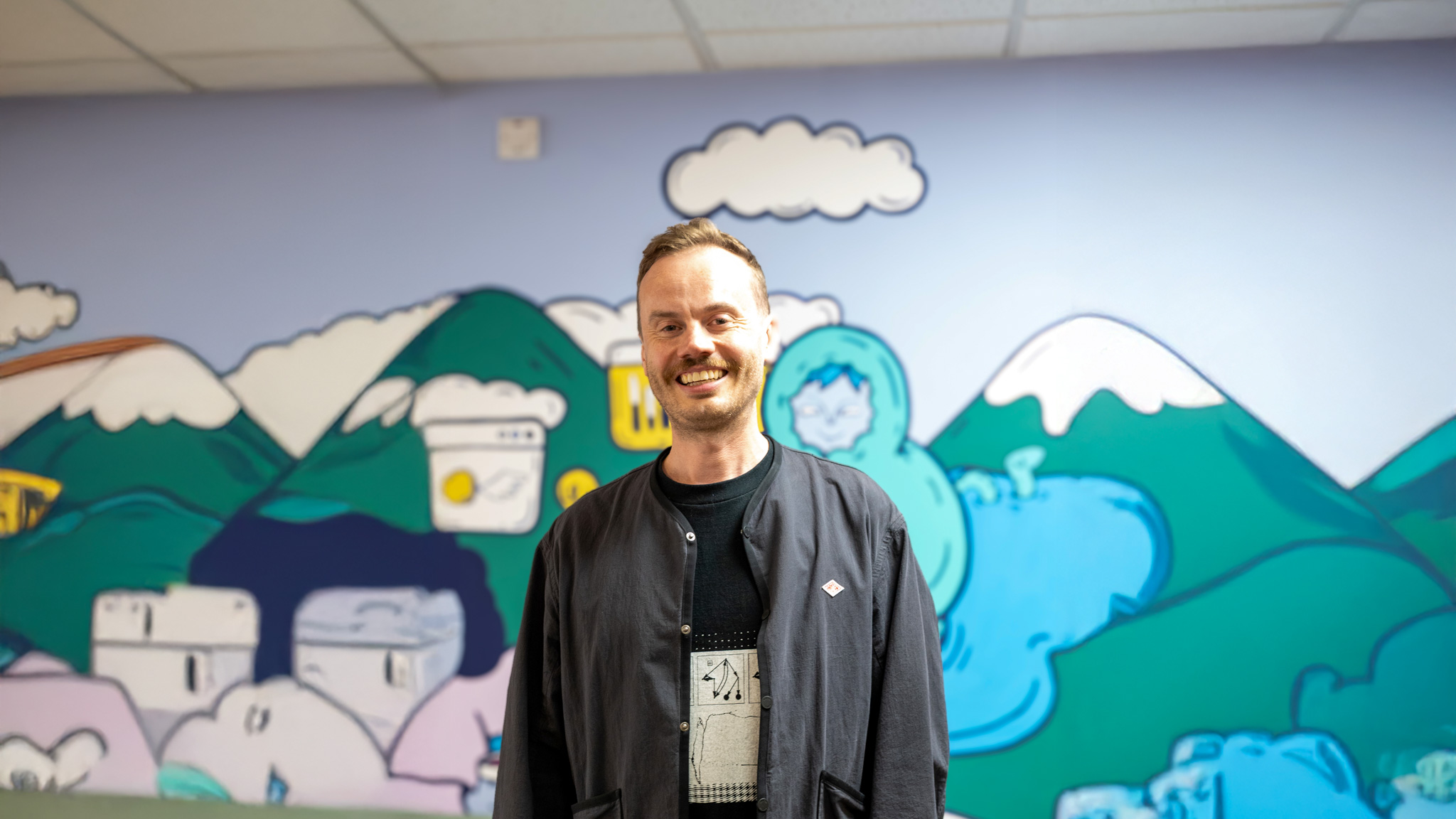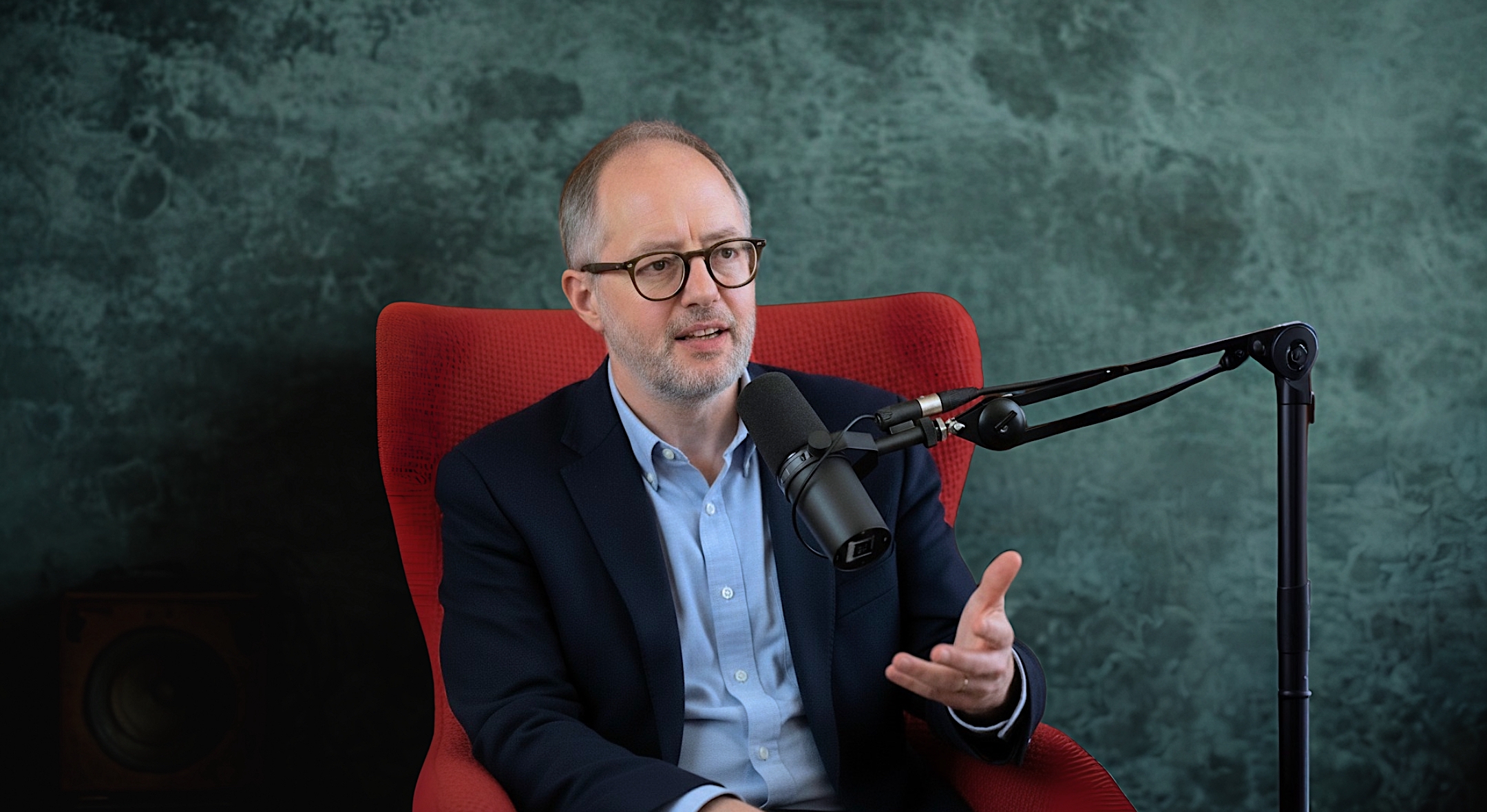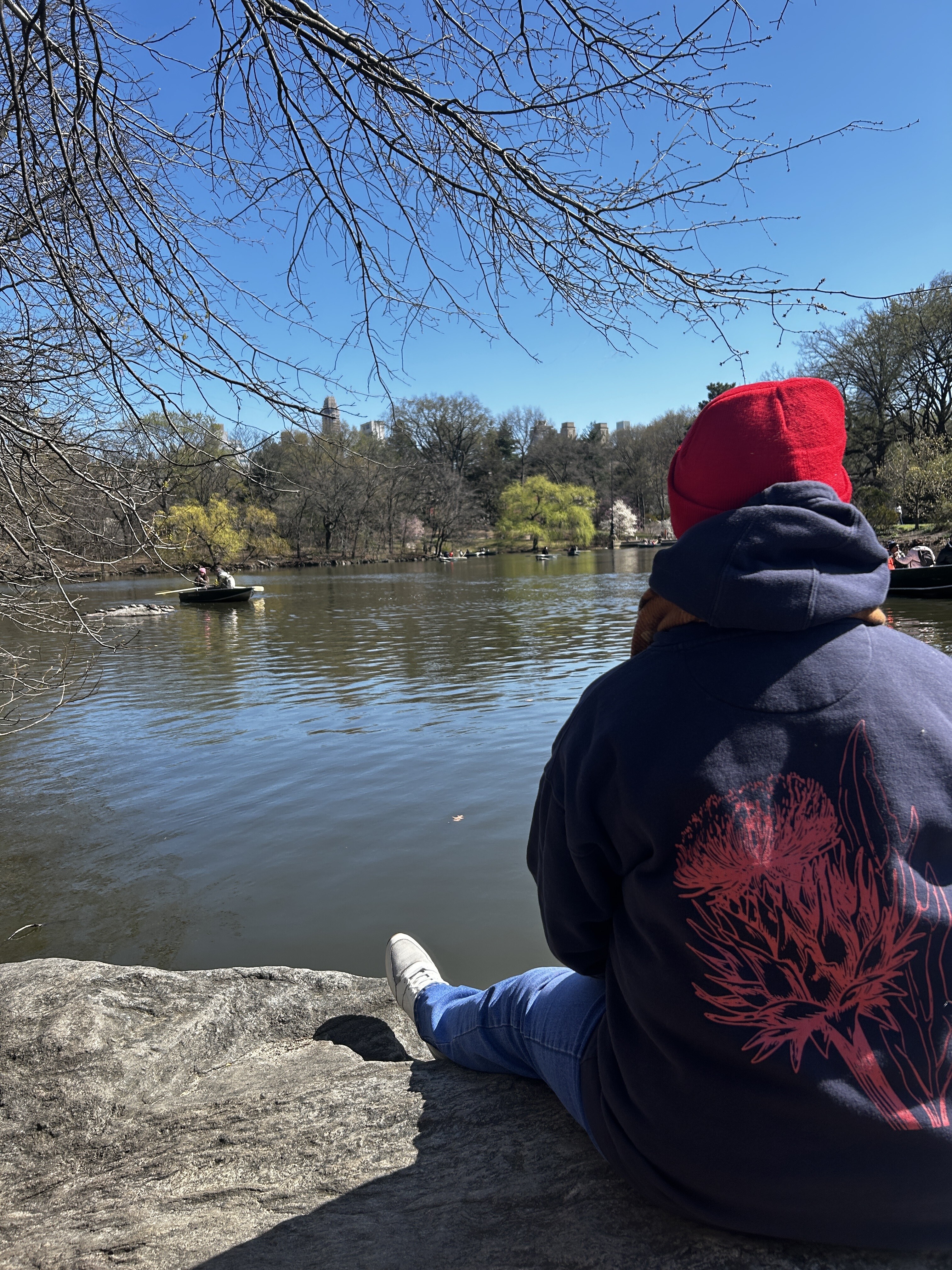Festivals are cultural treasures that bring communities together and showcase the best of our creative spirit. But behind the polished programmes and seamless author events lies a different reality: organisers juggling 14 different spreadsheets, firing off late-night WhatsApps to chase missing details, and wrestling with what one founder calls "the messy, messy culture sector."
Meet Alan Mathieson, a man whose journey from West End theatre technician to festival tech innovator perfectly captures how the right support at the right time can transform not just a business idea, but an entire industry. Thanks to his experience with Techscaler, Alan is now positioned to pitch for a major £375,000 CivTech contract that could revolutionise how Scotland's festivals operate.
His story reveals something profound about the power of ecosystem support and how founders can build solutions that truly serve their communities.
From Stage Lights to Software
Alan's path began in the West End. "I started out as a technician in live theatre. I worked with Mr. Andrew Lloyd Webber on productions like Phantom of the Opera. I worked on Phantom in the West End and then on Broadway."
But evening schedules weren't sustainable long-term, so he moved into exhibitions and conferences, specialising in sound system design. This was the late 1990s, when everything was going digital. "We were moving from analog kit to digital kit, and of course digital kit came with software. That's how I fell into software."
When Flash development emerged, Alan saw the connection to his theatre background. "It was similar in concept to theatre design—all about the playhead, moving things around. That led me into regular software development."
Early Startup Days: A Different World
In the mid-2000s, Alan founded 10th Cloud—an online design tool "like Wix, but more like an online Illustrator." But building software then was completely different.
"There's a quote I came up with for myself: the difference between then and now is that now you spend more of your time testing whether your idea works, whereas back then you spent more of your time convincing people you weren't mad."
The Scottish startup ecosystem barely existed. "The angel network? There were maybe two angels in Scotland. No VCs. Their only focus was revenue."
This experience became crucial when Alan later encountered Techscaler. "If I were talking to younger founders today, especially those going through Techscaler, I'd say: don't underestimate the power of the ecosystem. It's not handholding; it's compounding speed."
Scotland's DNA: Scale, Success, and Hard Lessons
Alan's next venture was far more successful, and complex. Scotland's DNA was a consumer genetic testing service competing with 23andMe. "We turned over £1 million in the first seven or eight months and got a lot of good publicity."
The technical challenges were intense. "Late nights, overheated servers because of traffic. I remember being on holiday in Italy, crossing the border from France into Italy, when I got a call from our hosting provider. They said, 'It got a little hot last night, but the system coped—because you wrote a good app.'"
But success brought its own complications. The science behind their offering - phylogeography - had limitations that made Alan uncomfortable. "You look at markers on people's DNA and then see where the largest group of those markers is, geographically. That doesn't actually tell you where you come from, but that's how we sold it."
After two and a half years, founder disagreements and ethical concerns led Alan to exit. But the experience taught him valuable lessons about scaling, technical architecture, and the importance of aligned values in founding teams.
The Semestry Years: Learning About Feature Bloat
Alan's longest stint was with Semestry, a university timetabling software company where he spent nine years total - first through the startup phase, then after acquisition by a PLC. "I went in as a front-end developer, the only software hire apart from the founders, and eventually became Head of Development. I also did a stint as Product Manager."
Semestry benefited from excellent timing with React technology. "The ability to show a lot of data at one time on the screen was just becoming possible. I think we had a bit of a technical jump on other systems, and we became very popular."
But success bred complexity. "Honestly, our software was ruined by our customers. Feature-rich, I think they call it. We put far too much into it and it became a mess. People would find features and say, 'What does this do?' and we'd have to check ourselves."
The company had become what Alan calls "a massive supertanker." In the final years, when people asked for new features, "we'd have to say no—because the ship was too big to turn. Major reworks or changing technologies became impossible."
This frustration sparked Alan's fascination with what he calls "malleable software—software that can be changed, that stays agile and nimble." More importantly, it led him to process mapping. "I think the best software comes from process mapping. You sit down with colleagues, ask 'what's the process for this?', build a process map, and then use that as the foundation."
Discovering the Festival Challenge
When Alan joined Techscaler's First Steps programme (now Catalyst) to explore process mapping, he approached Borders Book Festival to test his hypothesis. What he found was chaos hiding behind a successful cultural institution.
"They had spreadsheets everywhere, 14 different 'sources of truth,' late-night WhatsApps, chasing people for details."
The festival loved his process mapping work, but Alan's Techscaler experience taught him a crucial lesson: "Don't go away and build software straight away. So instead, we built a no-code solution using Stacker."
The results transformed operations at Borders Book Festival, which hosts about 120 authors. "Our system put it all online. When someone filled something in, you could see it. One source of truth."
The system manages everything from author relationships to technical requirements. More importantly, it reduced stress throughout the organisation. "It filtered down to technicians, front-of-house, everyone. They had iPads with access to the system."
The CivTech Opportunity
The success at Borders Book Festival opened bigger doors. Alan is now pitching for a £375,000 CivTech contract focused on "marketplace pooling"—shared resources across festivals for accommodation, travel, and technical services.
"Think of it like database tables: each table connected to a festival, or to a group of festivals, or to a region. The government wants accommodation problems to go away, transport problems to go away, and for festivals to meet societal needs."
But Alan's vision goes deeper than operational efficiency. "We think curation and organisation of festivals are national treasures. The people who do that work are a great national asset. They create cultural value, and we should support them more."
The Techscaler Difference
Access to Ecosystem: "When I started out, there was no external knowledge. Everything was internal—you worked it out yourself, and it was very isolating. Now you get to talk to real people who have done it before and who will tell you the truth about what works and what doesn't."
Funding Knowledge: "We're much more informed now about how funding has changed. There are so many opportunities—grants, challenges like Converge, Edge, CivTech—none of that existed before."
Tools and Approach: "A key bit of advice we got was: don't go off and build software if there's a no-code solution that does the job. That was a revelation. No one could have told us that 14 years ago."
The cohort model also prevents the isolation that can derail founders. "The great thing about Techscaler is the idea of cohorts. You move through stages with other people, you meet new faces, there's constant churn, and you see people all the time."
Alan's work with festivals points to something important: the need for proper infrastructure to support cultural organisations. By treating festival organisers as valuable cultural assets and building tools that respect both their creativity and operational needs, he's showing how the right combination of technical skill and ecosystem support can create solutions that truly serve communities.
For Alan, the journey from Phantom of the Opera to festival operations software might seem unlikely. But both involve creating memorable experiences through careful coordination behind the scenes. The difference is that now, thanks to Techscaler's support, he's building systems that help others create those experiences too.
Alan Mathieson is currently developing The Planner while building the local tech community through Borders Tech Connect. He's part of the Techscaler community supporting founders across Scotland. Sign up for free today.


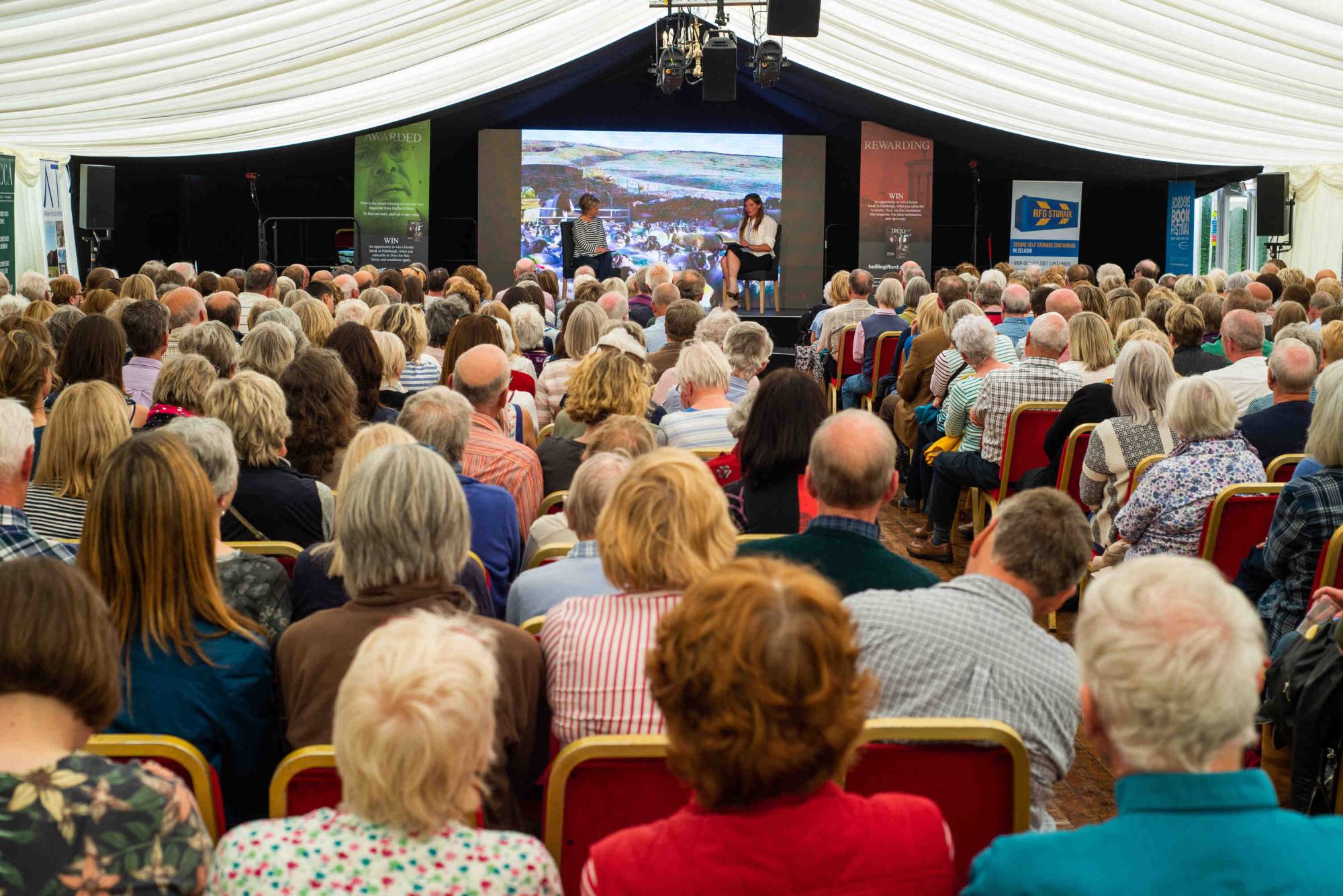
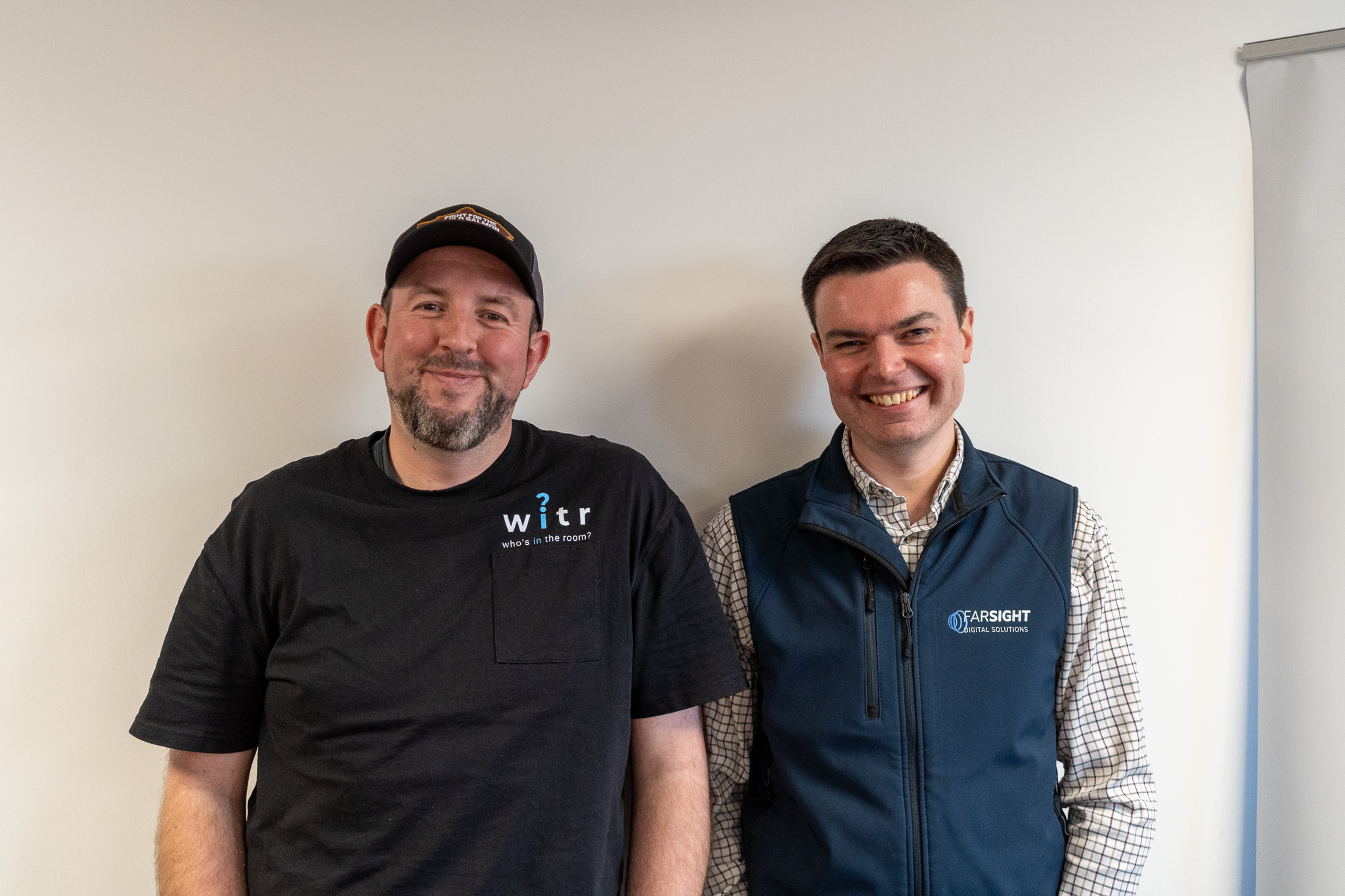

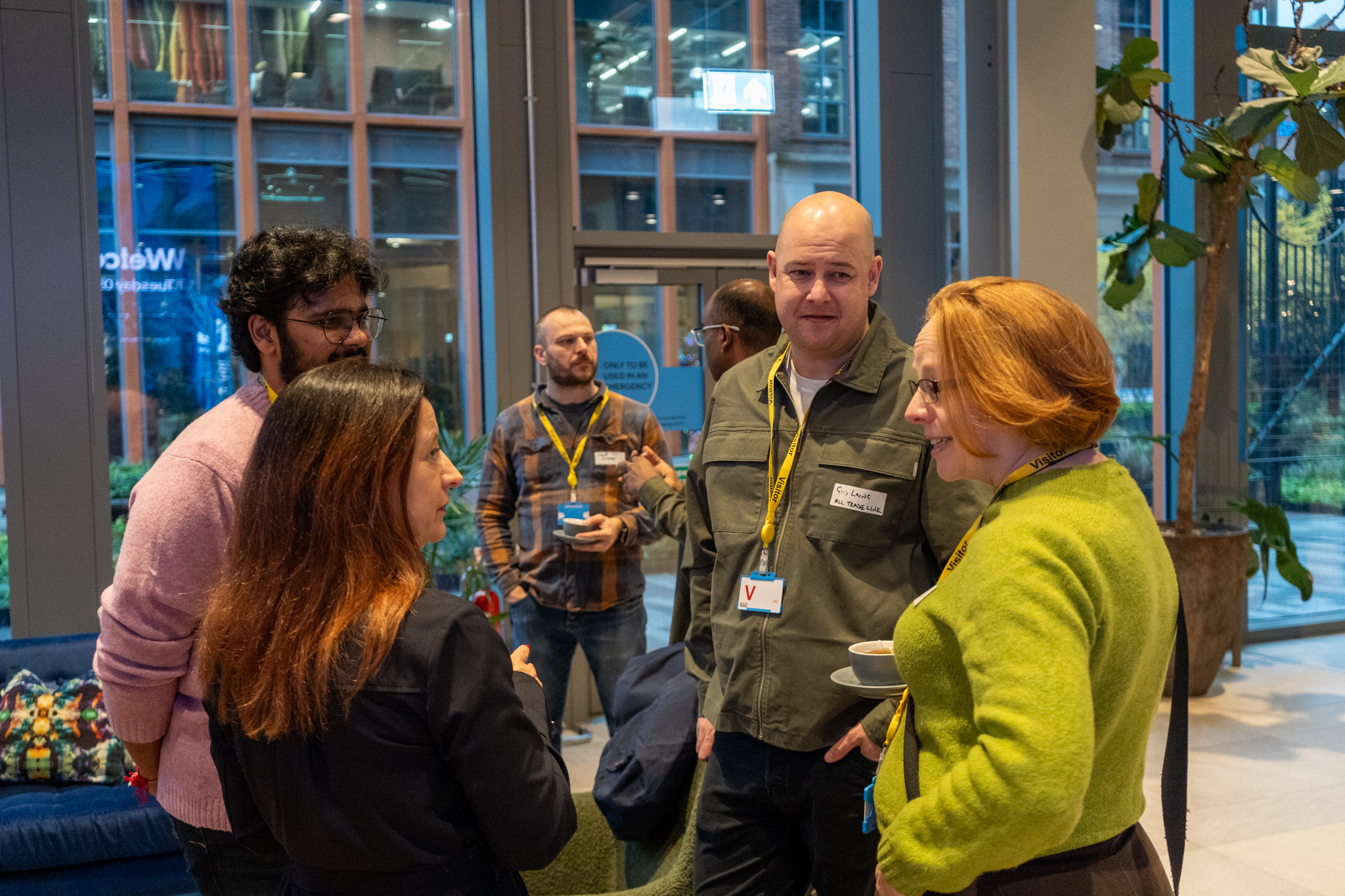
.png)

